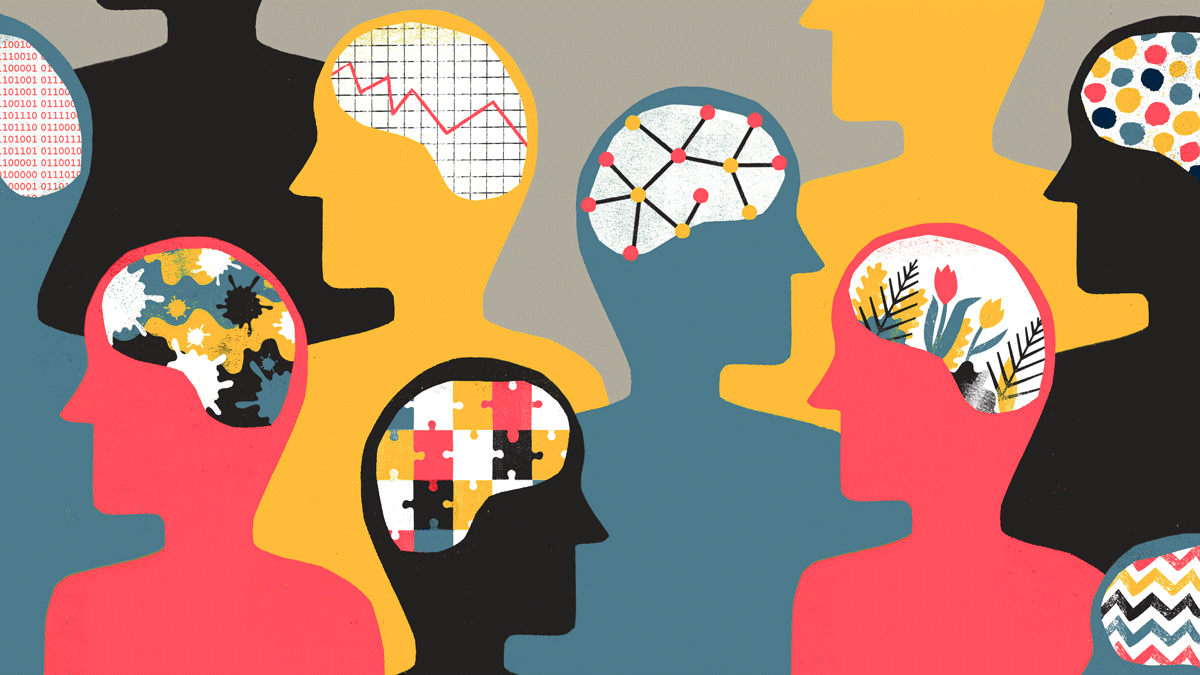Quarantining yourself at home can play an important role in preventing the spread of infectious diseases. But this doesn’t mean that coping with the disruption in your normal routine is easy. Taking care of your mental health is essential, even if your time in quarantine is relatively brief in the grand scheme of things.
The coronavirus (COVID-19) outbreak has led people to engage in social distancing as a critical way to help “flatten the curve,” or contain the spread of the illness to help keep infection rates as low as possible. Quarantine is recommended in cases where a person has been exposed or potentially exposed to others with coronavirus (COVID-19).
In addition to the uncertainty and stress of the global outbreak, spending time in quarantine can take a serious mental toll. Part of the reason for this is the impact that quarantine has on three key elements of mental health.
- Autonomy
- Competency
- Connectedness

The isolation imposed by quarantine frequently leaves people feeling that they have no control over the situation. They also feel cut off from the rest of the world and unable to perform their usual duties.
As schools are closed, working class is working from home, and other social events are canceled, the idea of being locked in your home must be very haunting. Time seems to crawl in a slower manner after you’ve been at home for a while. Even if you have family members at your home, the sense of isolation and cabin fever can be overpowering.
Possible Mental Health Effect of Corona virus Quarantines
A 2019 review in The Lancet analyzed the results of past studies to get a better idea of how COVID-19 may impact those who are quarantined.5 The review found that psychological distress is common both during and after periods of quarantine. People commonly experienced.
- Fear
- Sadness
- Numbness
- Insomnia
- Confusion
- Anger
- Post-traumatic stress symptoms
- Depressive symptoms
- Low mood
- Stress
- Emotional disturbance
- Irritability
- Emotional exhaustion
Things You Can Do to Cope
- Establish Routines
- Be As Active As Possible
- Combat Frustration and Boredom
- Communicate
- Stay Informed, but Not Overwhelmed
The best way to cope with any type of mental issues is to talk. Talk about your problem with some one you can trust, some one close to you. Some times you need to talk, even if you are not close to them. Your inner chaos must be let out in some. Call someone or Video call, you can even talk to your neighbor or roommate, your parents anyone.
Start by little things, 5 minutes of exercise, 5 minutes of deep breathing etc can go a long way in improving your overall mental health.
Stay Healthy, Stay Safe and Stay Indoors.

